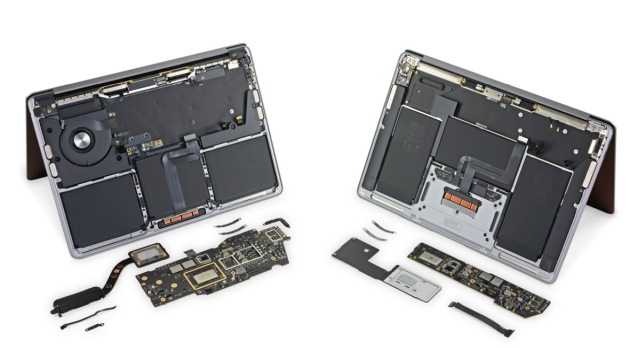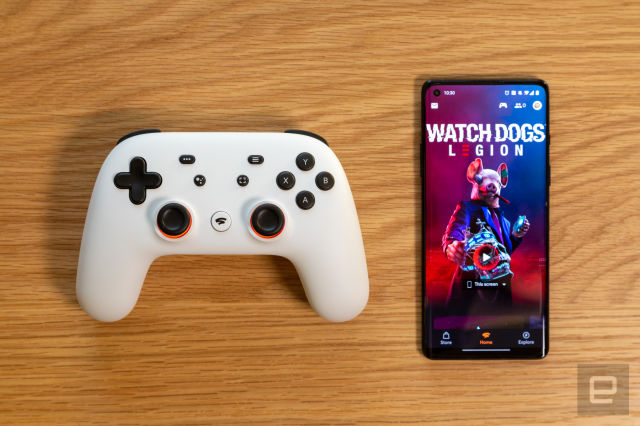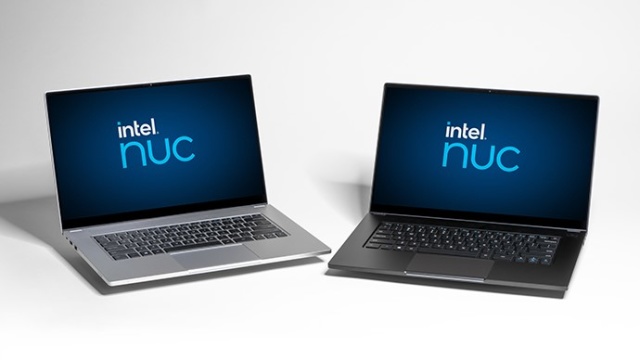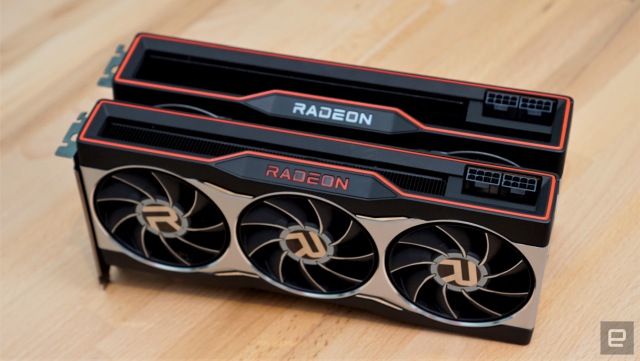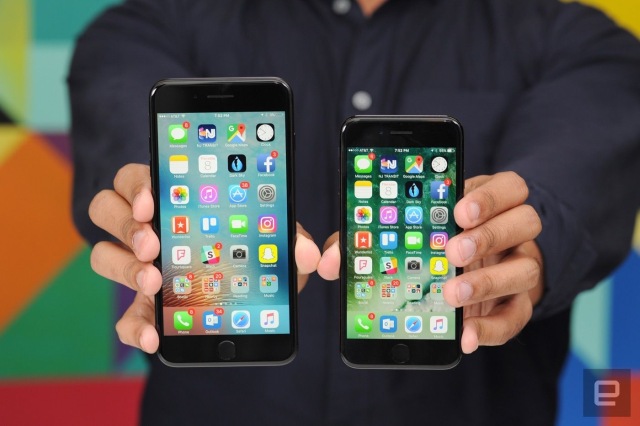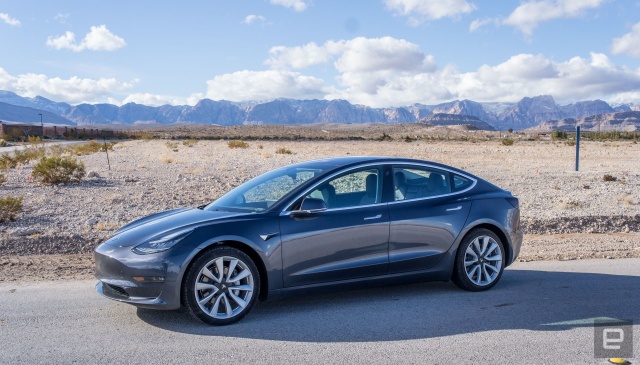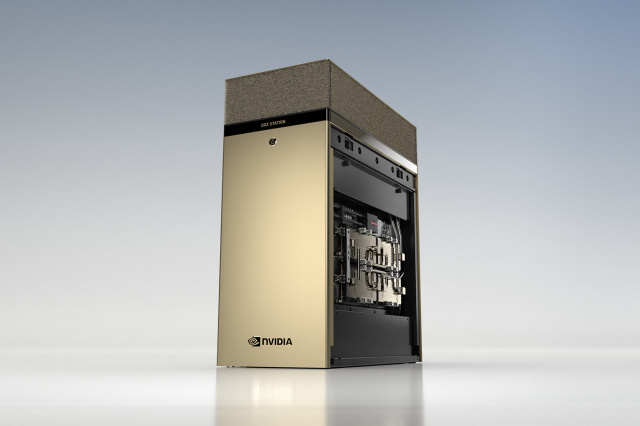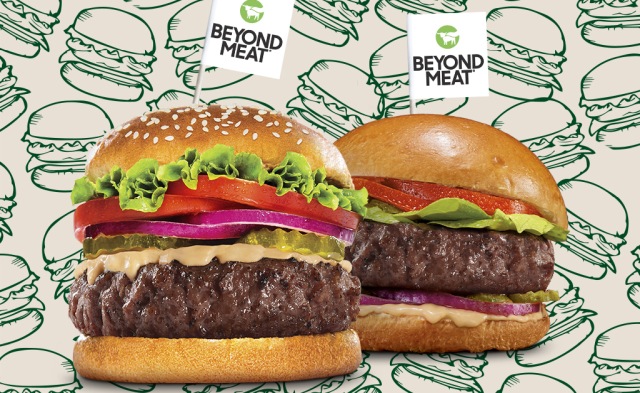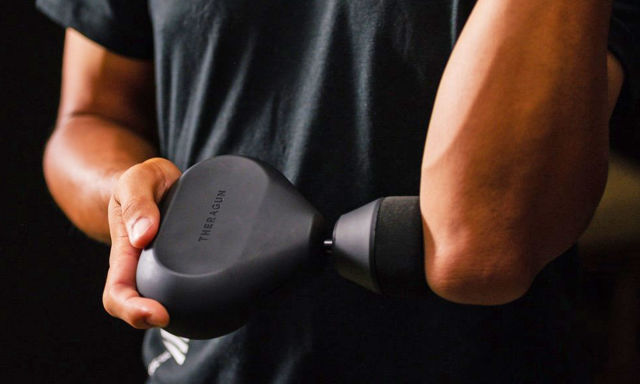| It's Wednesday, November 18, 2020. Apple Silicon and the Macs it powers have finally landed. And they're making a big impression. We reviewed the new MacBook Air, with its new M1 chip, and it's fast, quiet and, well, just incredibly impressive. What's unique for a Mac, however, regardless of the performance gains, is the ability to run iPhone and iPad apps, thanks to the shared chip family. It's, understandably, early days for this. You won't see every iOS app in the Mac App Store, and this isn't about developers running out of time to adjust iOS apps to a Mac interface. 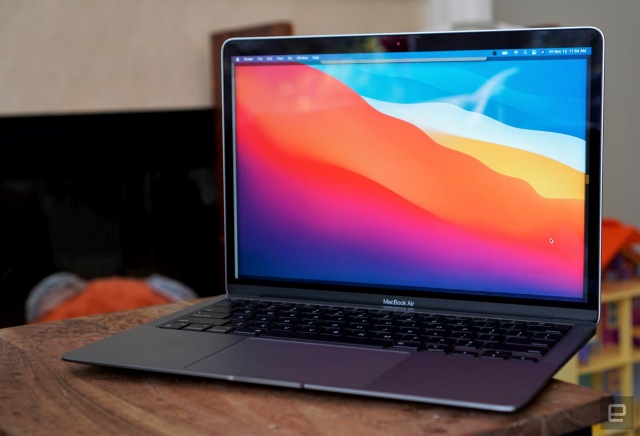
Apple has crafted a system, called Touch Alternatives, for these Macs. It tries to mimic what you'd do on an iPhone or iPad, like taps (space bar), swipes (arrow keys) and the rest. From what I can tell, it works like those tortuous on-screen gaming controls you might have seen on smartphones in the past. And it looks like it needs work. (Or a touchscreen MacBook — gasp.) Some companies have decided to keep their iOS apps out of macOS entirely — like Apple's BFFs, Google and Facebook. There are likely all kinds of reasons for this. It might just be the fact that to install them, you have to wander around the Mac App Store, with an iOS filter on. As our review by Devindra Hardawar said: "It's the first step towards unifying Apple's hardware and software on Macs, and just like the iPhone and iPad, the result is a sleek and polished experience." — Mat A version optimized for the new Macs will roll out later today.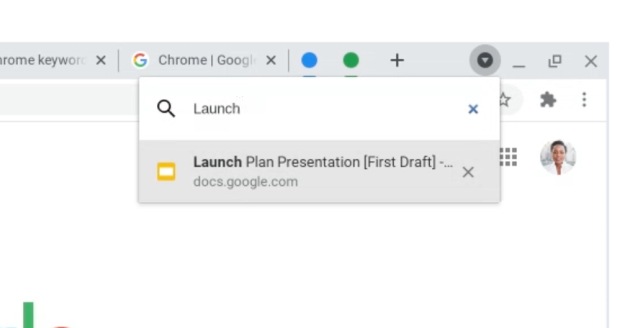
Google says Chrome 87 will prioritize your active tabs, which will reduce CPU usage by up to five times. The company found in testing that the under-the-hood upgrades can improve system battery life by more than an hour and reduce the amount of memory Chrome gobbles up. Updates rolling out in version 87 and 88 will make the browser start up to 25 percent faster, while pages will load up to seven percent quicker. The Android version is also getting a boost, with caching that makes going backward and forward nearly instantaneous. Last but not least, if you have an Apple Silicon M1-powered machine, you should see a version of Chrome 87 built specifically for your hardware pop up on Wednesday. It was briefly available on Tuesday before Google paused the rollout due to a bug.
Continue reading. Meet 'fleets.'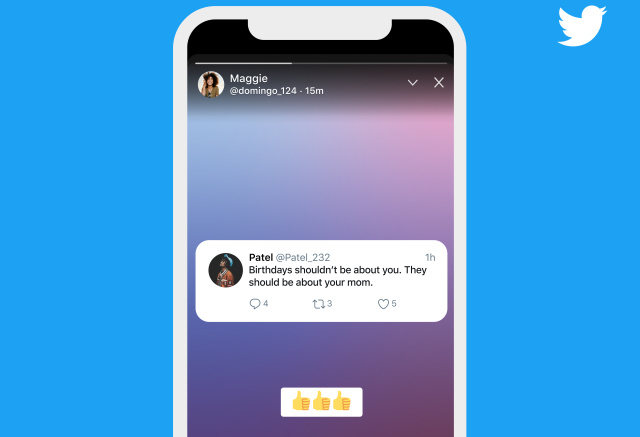
The latest social media platform to copy from Snapchat is Twitter. It's rolled out ephemeral content in the vein of Snapchat and Instagram's stories, but on Twitter they're called "fleets," for fleeting thoughts. Intended to get more people posting instead of just lurking, they allow you to start a post with a block of text, a photo, GIF or, yes, a tweet. However, things aren't all perfect with the new feature. Aside from the annoyance of a new row suddenly appearing in your mobile apps, some users have pointed out ways fleets could be used to target people for harassment and bypass privacy settings.
Continue reading. It's described as the console 'nobody was waiting for.'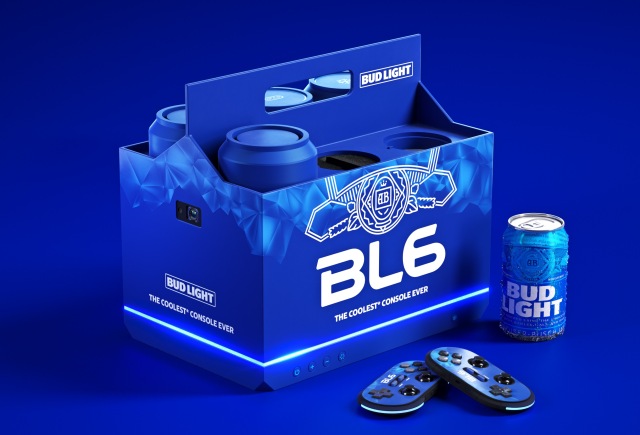
Bud Light has announced the BL6, a gaming PC in the shape of a six-pack with a built-in projector and, naturally, a couple of koozies to keep your light beers cold. Never one to say no to a techy marketing stunt, I don't see this as just a way to garner media attention — though that's a welcome benefit. Bud Light is auctioning off a model, with all proceeds going to the National Restaurant Foundation. That money will support the charity's Change Is On The Menu program, which helps train people in the food service industry.
Continue reading. Sponsored by StackCommerce
Just don't expect all your favorite features to work.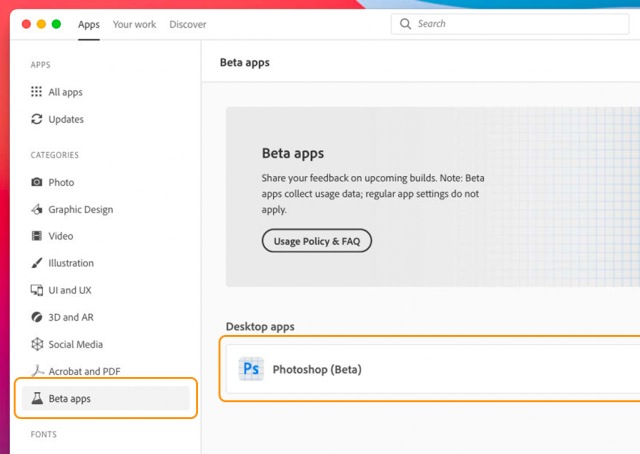
Alongside those new M1 Macs comes Adobe's first beta release of Photoshop for Apple Silicon. If you plan to use Adobe's Creative Cloud suite on the new MacBooks, you can only do so through Apple's Rosetta 2 emulator, which is a less than ideal experience. And when Adobe says beta, it means beta. You won't find some of the software's most useful features, including content aware fill and Photomerge, in this first release. Adobe also warns other features, such as subject select, may be buggy or slow to work. Oh, and you won't be able to open all file formats. If you're the adventurous sort, you can download the beta starting today and help Adobe by sending feedback.
Continue reading. It builds on tech developed for the Xbox and Azure.
Apple and Google have already built dedicated security hardware into their PCs with T1 and Titan M chips, and now Microsoft has a similar solution. AMD, Intel and Qualcomm have partnered with Microsoft on Pluton, which replaces the Trusted Platform Module (TPM) hardware with a new solution to "protect credentials, user identities, encryption keys and personal data." According to Microsoft, it can keep data secure even if a hacker has physical possession of your PC or has installed malware on it, using encryption keys built into the processor itself. It also allows for secure firmware updates distributed by Microsoft, starting with the first Pluton-equipped chips from AMD.
Continue reading. But wait, there's more...Google Maps can track deliveries and let you see how crowded your subway line is Microsoft expects Xbox Series X shortages until April The best tech gifts for new parents 'Animal Crossing: New Horizons' holiday update arrives on November 19th Mini's Vision Urbanaut concept looks like a living room on wheels Google revamps Fit and adds three tiles to Wear OS Why 'FIFA Ultimate Team' is often hated and very successful Beats unveils a glow-in-the-dark version of its sporty Powerbeats earbuds | 

